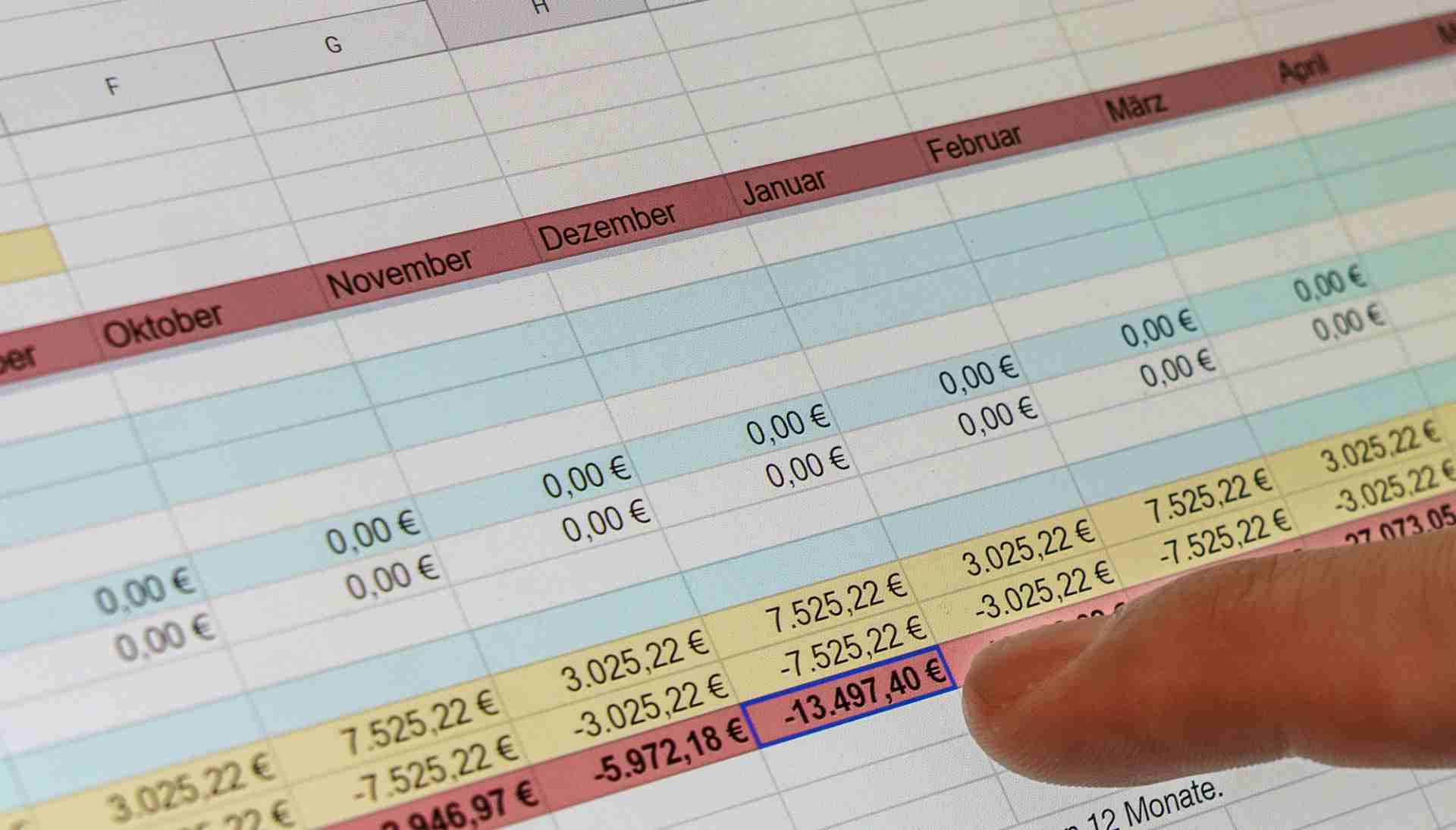Here’s Why CRMs Are the Future
The truth is that most charities depend excessively on spreadsheets for their operations. I get it. Spreadsheets require no setup cost and are familiar to seasoned charity organisations which maintain separate sheets for donor information, fundraising events, attendance records, volunteer time slots, and Gift Aid documentation, among other things.
But here’s the problem: spreadsheets were not built for running a charity.
Using spreadsheets for critical operations results in wasted time and resources while exposing your charity to serious errors that threaten funding and donor trust. Charities face growing operational complexity while supporters demand higher engagement levels, and funding entities require detailed reports accessible instantly.
And guess what? Spreadsheets can’t keep up.
UK charities are adopting a Charity CRM because these purpose-built systems allow them to manage donor relationships more effectively while simplifying fundraising processes and automating administrative tasks so they can concentrate on creating meaningful change. We need to understand why a CRM represents your charity’s future and how sticking with spreadsheets prevents your organisation from progressing.
1. Spreadsheets Are an Administrative Nightmare
When managing donors with Excel, you’ve likely encountered several problems.
- Team members inputting donors with various formats (John Smith, J. Smith, John S.) results in duplicate emails and prevents complete donor history tracking.
- A team member updates a spreadsheet only to replace another person’s work with their changes. Or worse than that, you faced a situation where several versions of the same file existed at once?
- Manual data processing for donations, Gift Aid claims updates, and volunteer hour tracking consumes excessive amounts of time when more efficient solutions exist.
- Financial reports and donor management applications become inaccurate when there are decimal misplacements or forgotten formulas.
A charity CRM system automates processes for data entry, reporting, as well as donor management, which translates to more time dedicated to impactful work instead of error correction.
2. Spreadsheets Don’t Build Relationships – CRMs Do
Charity fundraising extends beyond just gathering donations. Successful charity fundraising hinges on developing connections with donors and volunteers as well as funders and community supporters.
- A spreadsheet lacks the ability to identify past Christmas donors who are likely to donate again this year.
- Does it have the ability to send out automatic thank-you messages when a donation is received?
- Does it provide reminders to reconnect with donors who haven’t given in 18 months?
No. It can’t. The complete failure of spreadsheets for charitable organisations becomes apparent at this point.
CRM systems keep an organised record of all communications with donors, volunteers, and supporters to ensure you never overlook any chance to reach out. A CRM enables precise timing to reach individuals with personal emails, event invitations, and handwritten thank-you notes, which strengthens donor relationships and boosts fundraising.
3. Utilising a CRM Enables Charities to Improve Their Fundraising Strategies and Increase Financial Support
Fundraising is competitive. Multiple fundraising requests overwhelm donors, while charities must develop smarter strategies to differentiate themselves. A CRM revolutionises fundraising by:
- Tracking Donor Behaviour – A CRM system enables you to understand donor patterns, including their identities, giving times, donation amounts, and campaign responses.
- Personalised Appeals – A CRM enables you to create custom email messages for different donor segments, such as monthly contributors, major supporters, or occasional donors rather than using standard fundraising emails.
- Automating Follow-Ups – CRMs send thank-you emails and donation reminders automatically to ensure communication never causes donor loss.
- Data-Driven Decision Making – Real-time reports and analytics enable you to identify successful tactics while eliminating ineffective ones, so you can refine your fundraising approaches.
Do you want to make fundraising decisions through guesswork or by applying real insights to boost donations? That’s what a CRM offers.
4. Spreadsheets Can’t Handle Gift Aid (Properly!)
Without fully maximising Gift Aid, your charity fails to collect thousands of pounds that belong to you.
HMRC demands precise record-keeping for Gift Aid claims, and manual eligibility tracking through spreadsheets poses time and accuracy risks. One error, such as lacking donor consent or processing ineligible donations, can result in denied claims and compliance problems.
A CRM with Gift Aid functionality:
✅ Automatically flags eligible donations
✅ Generates HMRC-compliant reports
✅ Stores Gift Aid declarations securely
Organisations benefit from streamlined administration procedures and increased Gift Aid income while avoiding spreadsheet-related complications.
5. Spreadsheets Fail to Connect With Any System – But CRMs Link All Software Together
Spreadsheets are isolated. They lack integration capabilities with your email platform, fundraising software, and accounting systems, which requires continuous manual data transfer between multiple tools.
A modern Charity CRM integrates seamlessly with:
✔ Fundraising platforms like JustGiving, Enthuse, or Crowdfunder
✔ Accounting software like Xero for charities
✔ Email marketing tools like Mailchimp
✔ Event management platforms like Eventbrite
A CRM system eliminates manual data transfer between systems while simultaneously preventing errors because it updates all records in real-time to maintain accuracy and accessibility.
6. CRMs Provide Essential Security That Spreadsheets Completely Lack to Protect Your Data
Let’s talk GDPR compliance. Storing donor information in an unencrypted spreadsheet exposes you to potential data breaches and regulatory fines.
Common spreadsheet security risks:
- A single accidental overwrite can erase all your donor records that took years to accumulate.
- There are no controls on who can access sensitive data because anyone who gains access can make changes or remove it.
- The system lacks GDPR compliance due to the absence of audit logs and automated opt-out tracking functions and fails to offer encryption for data protection.
Your charity’s data remains protected through role-based access and encryption, while audit trails and GDPR compliance tools work automatically to prevent security breaches.
CRM Systems Will Replace Spreadsheets as the Future Standard for Charity Data Management
Charities that embrace technology are thriving. Those that stick with outdated spreadsheets? They’re falling behind.
Organisations must adopt Charity CRM UK systems because they are essential for effective fundraising and donor interactions alongside operational efficiency. A CRM:
✅ Automates admin and reduces workload
✅ Boosts donor engagement and retention
✅ Improves fundraising success and Gift Aid claims
✅ Keeps data secure and GDPR-compliant
✅ Integrates with all your existing systems
You need to transition from spreadsheets to a better system immediately. Both your charity and your sanity will show gratitude when you make this switch.
Ready to Ditch the Spreadsheets?
To save time and money while developing stronger donor connections, your charity should now purchase a CRM system.
Explore the top UK charity CRM solutions now to safeguard your organisation against spreadsheet failures.
Your supporters, volunteers, and team deserve it!



